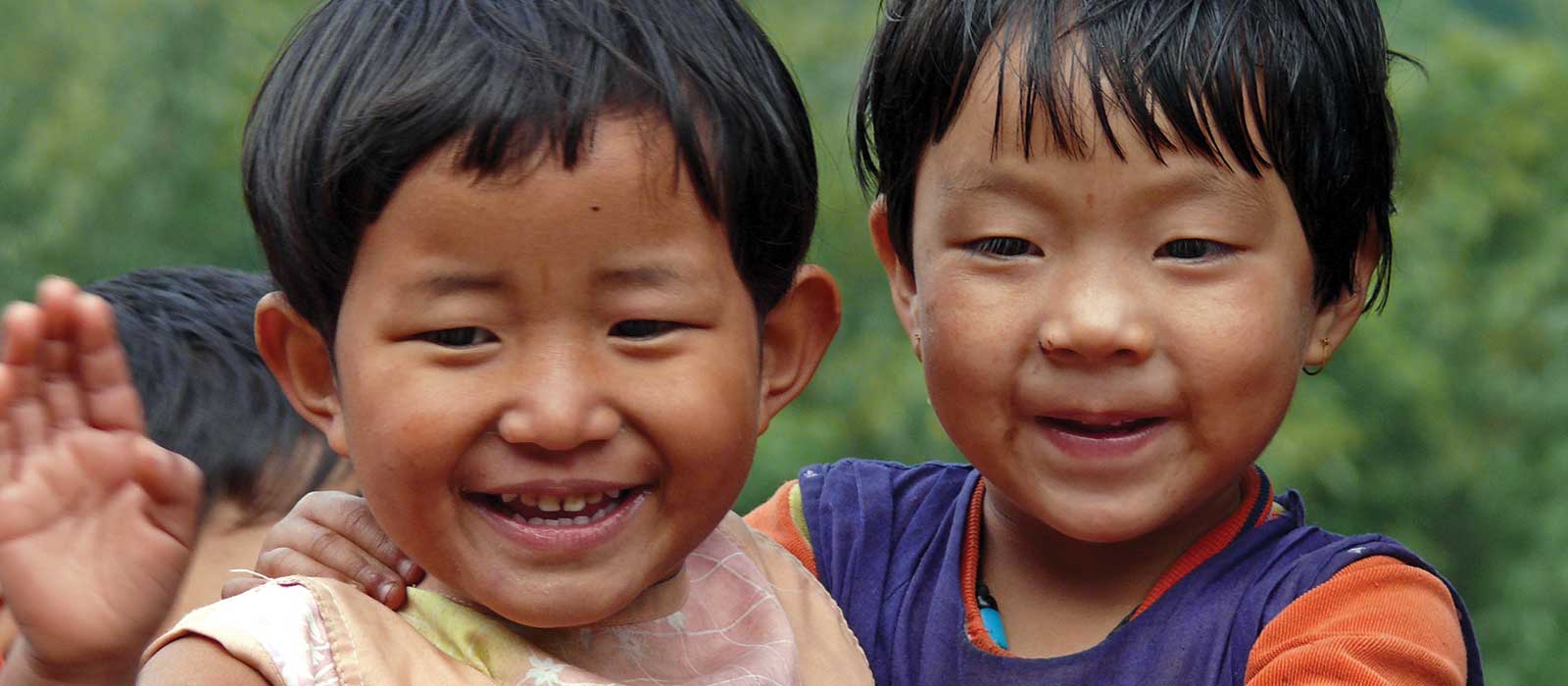Higher Degree Research
impairments towards inclusive education in Bhutan
Rinchen Dorji, doctoral candidate
School of Education
Bhutan aspires to provide education to all children including those with disabilities and special needs. Inclusive education as an educational practice corresponds very neatly with Bhutan’s educational goal of Educating for Gross National Happiness (GNH). GNH is a development philosophy that places more importance on the well-being of all its citizens over the economic well-being of the country in its pursuit of development. The education of children with disabilities has not previously been the priority of the government because until recently, the country has been struggling to make education accessible to the regular mainstream students. Initiatives to include children with disabilities in the regular mainstream school began only in early 2000 and have now become one of the primary educational goals of the country. However, inclusive education initiatives are delayed due to perceived difficulties, including inadequate teacher preparation, lack of policy and legislation, conceptual inconsistencies regarding inclusion, lack of parental involvement, poor coordination among the stakeholders, social, cultural and attitudinal barriers. In addition, the lack of research on disability and inclusive education in Bhutan results in a lack of empirical evidence to formulate appropriate policy and educational interventions to effectively address the educational needs of children with disabilities.
Rinchen Dorji is a teacher educator from the Royal University of Bhutan, enrolled for a doctoral study in the School of Education at UNE and is in the process of carrying out a groundbreaking study to examine the attitudes of Bhutanese school principals, teachers, and past students with sensory impairment toward inclusive education in Bhutan. Rinchen is excited about his study, as it is the first large-scale mixed methods study on inclusive education in Bhutan and has potential significance in providing future directions of inclusive education development in Bhutan. Exploring the attitudes of key educational stakeholders towards inclusive education with specific reference to the Bhutanese religious and cultural values and the philosophy of Gross National Happiness can assist Bhutan in developing a range of responsive education policies and education programs that celebrate differences and diversity from multiple perspectives. The involvement of past students with sensory impairments in this study ensures that people with disabilities, who had hitherto remained marginalised, unheard and unreached, become empowered, and no longer remain as passive recipients of educational services designed and prescribed by others.


